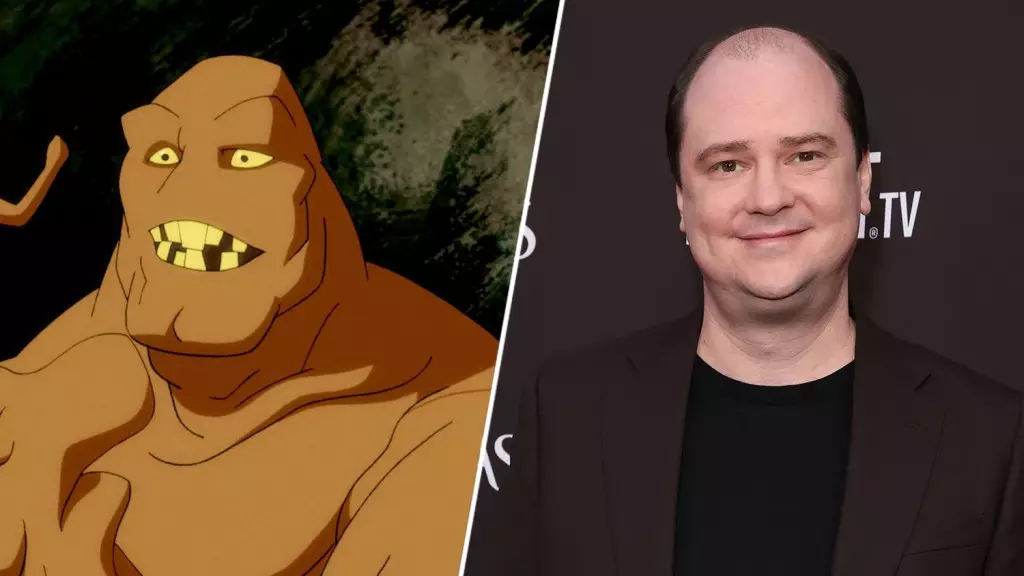The DC Universe is set to take a compelling turn with the announcement that a feature film centered on Clayface is officially in the works. This comes over a year after horror filmmaker Mike Flanagan initially proposed his vision for the shapeshifting villain. Confirmed by Deadline, DC Studios has given the green light for the project, entrusting Flanagan with the writing responsibilities, even as he simultaneously juggles work on an Exorcist reboot. The ongoing search for a qualified director indicates the ambitious nature of this undertaking, which seeks to combine various genres for a unique viewing experience.
Flanagan has a strong vision for Clayface, expressing his intentions through social media that the film will take on a blend of horror, thriller, and tragedy. This multi-genre approach promises to bring depth to a character who has traditionally been portrayed only as a villain. Rather than emphasizing the character’s antagonistic traits, Flanagan’s narrative will explore themes of identity and juxtaposition, captivating audiences who enjoy complex, character-driven stories.
A notable shift in Flanagan’s portrayal of Clayface arises from discussions with key DC figures, such as James Gunn and Peter Safran. Instead of the character retaining his conventional role as a villain, Flanagan appears intent on crafting a more nuanced representation that strays from the expected formula. Although there are hints that Clayface may have a significant role in Matt Reeves’ upcoming “The Batman 2,” this standalone film will explore a different narrative trajectory, essentially reframing Clayface’s role in the larger DC tapestry.
This innovative take disrupts traditional villain narratives, as Flanagan aims to humanize a character who is often viewed through the lens of malevolence. This is an exciting prospect for fans of the DC franchise, as it signals a maturation in storytelling that focuses on the multi-faceted nature of villainy.
Clayface’s contribution to the DC Universe extends back to June 1940, when he was first introduced in Detective Comics #40. While several incarnations have emerged over the decades, the original character was a struggling actor who became embroiled in crime. This blend of personal aspirations and moral failure provides fertile ground for a contemporary reinterpretation, shedding light on societal themes relevant to today’s audience.
Taking strides beyond mere appearances in comic books, Clayface has transcended various media, appearing in animated series, video games, and live-action television. His portrayal on shows like Gotham and Pennyworth reflect a growing appreciation for villain complexity but also invite new interpretations such as Flanagan’s.
Furthermore, the 1970s character evolution that transformed Clayface into a disturbed scientist with hormonal issues indicates a willingness within the comic book world to adapt and evolve character backstories, suggesting that the upcoming film could further explore themes of mental health and personal strife.
In an era where cinematic storytelling often endeavors to strike a balance between spectacle and substance, this new film about Clayface appears poised to do just that. By steering away from static villain archetypes and embracing complexity, Flanagan’s project could rejuvenate audience engagement with the DC Universe. As fans await updates on the upcoming film, one can hope this ambitious endeavor will elevate the pantheon of DC characters, fostering a deeper connection to the stories that have defined generations.
